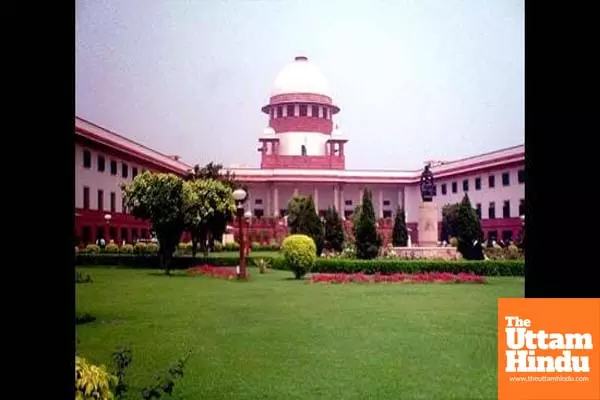
Supreme Court Dismisses Proposal for 30% Cap on Late Credit Card Payment Charges

New Delhi (The Uttam Hindu): The Supreme Court on Friday overturned a 2008 ruling by the National Consumer Disputes Redressal Commission (NCDRC) that had capped credit card interest rates at 30% annually. The apex court ruled in favor of allowing banks to set their own interest rates, within the existing regulatory framework. Justices Bela M. Trivedi and Satish Chandra Sharma, in their judgment, dismissed the NCDRC’s decision, which had labeled high interest rates as unfair trade practices. The ruling came after appeals by banks including Standard Chartered, Citibank, and HSBC.
The case had initially been brought by the Awaz Foundation, which questioned whether interest rates between 36% and 49% charged by credit card companies were exploitative. The NCDRC had criticized the Reserve Bank of India (RBI) for not regulating such rates, citing lower rates in developed countries and calling for moderation. It also accused banks of unfair practices like compounding to inflate dues further. The NCDRC had declared these practices as excessively burdensome for consumers already in financial distress.
However, the Supreme Court ruled that banks should determine their own interest rates, as per market dynamics and RBI guidelines, rather than through consumer fora. Banks defended their stance by arguing that high interest rates were essential to offset the risks of defaults and the costs of services like customer support. The RBI, which does not regulate specific interest rates, has directed financial institutions to avoid "excessive" rates but refrains from setting caps. The ruling marks a significant shift in how credit card interest rates will be managed in India.

